
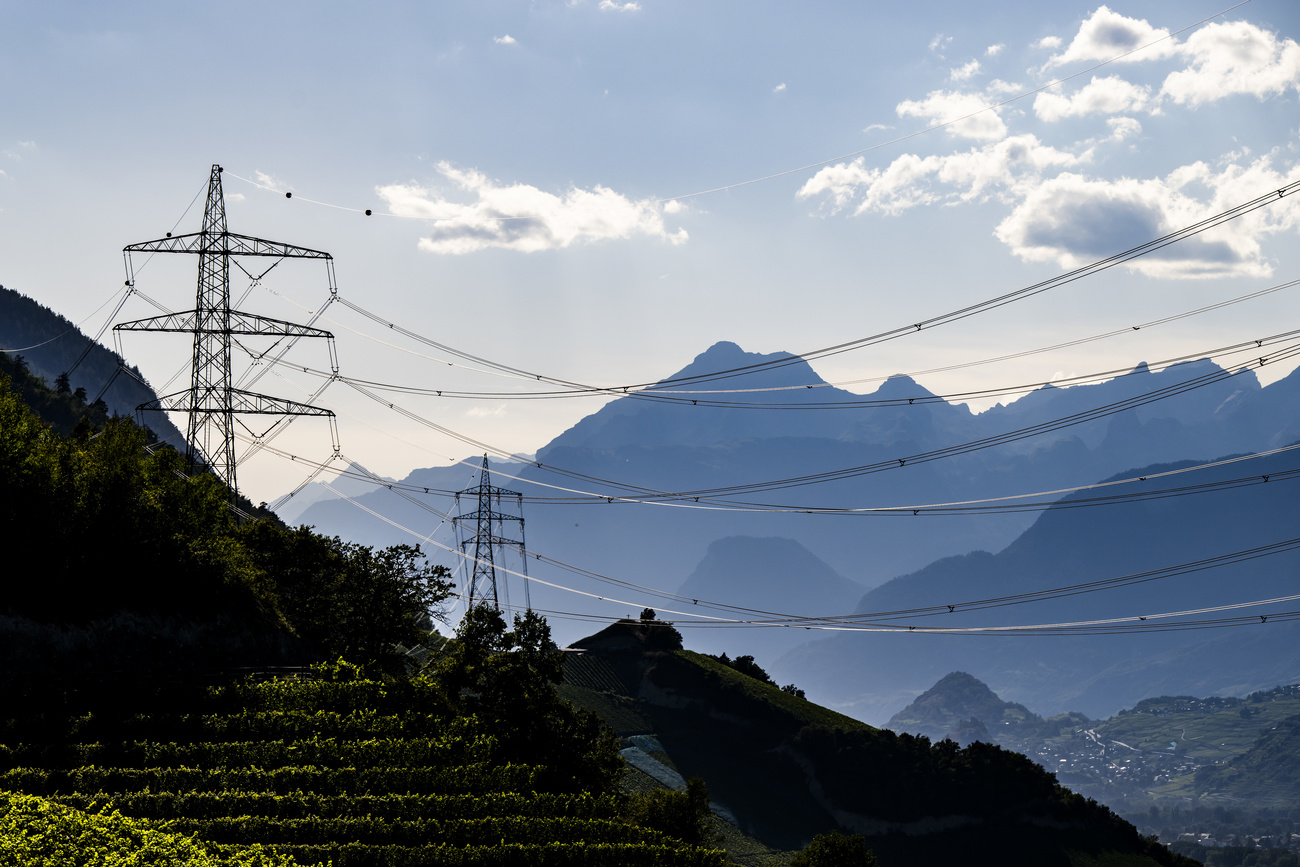
Switzerland Today
Dear Swiss Abroad,
From next Saturday, Switzerland will be living on imported energy. A new study highlights our dependence on other countries for Swiss energy security.
In today's briefing, we also land in International Geneva, where the World Health Organization (WHO) has announced a “historic agreement” to counter future pandemics.
Enjoy the read!
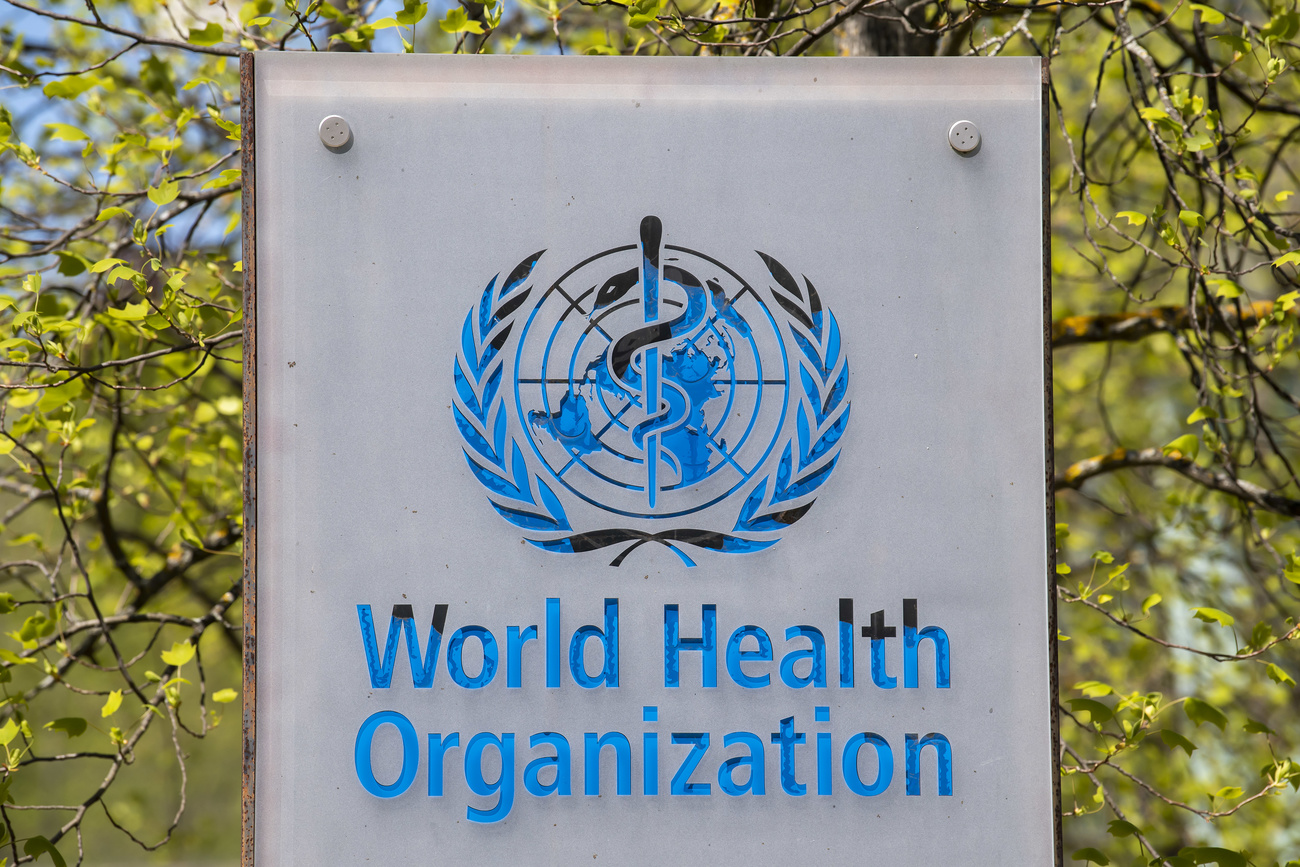
Following more than three years of negotiations, the member countries of the Geneva-based World Health Organization (WHO) reached an agreement yesterday night to better prevent and respond to future pandemics.
“The nations of the world made history today in Geneva,” said WHO Director-General Tedros Adhanom Ghebreyesus. The 32-page agreement is intended above all to avoid a repeat of the mistakes made during the Covid-19 crisis.
Negotiations had been at risk of collapsing, particularly due to divisions over technology transfer to developing countries. In the end, member states committed to facilitate “voluntarily and under mutually agreed conditions” the manufacture of vaccines and the implementation of other countermeasures across all regions of the world.
The Swiss government called the agreement “a success” and pledged to remain “constructive” in the next steps, with formal approval expected in May and subsequent implementation to follow.
“Not only has a generational agreement been established to make the world safer, but WHO member countries have also shown that multilateralism is alive and that, in our divided world, nations can still work together,” Ghebreyesus emphasised.
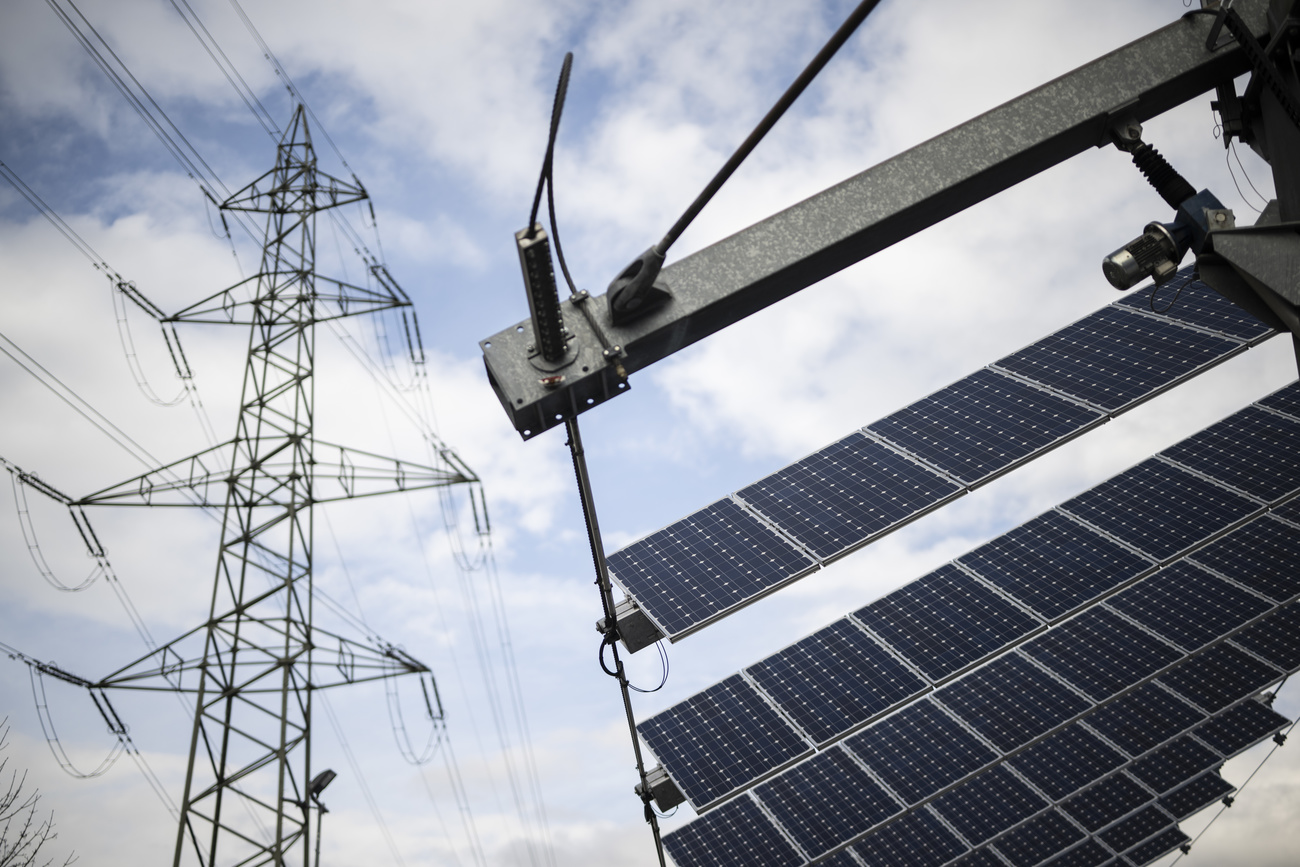
A study by the Swiss Energy Foundation has highlighted the country’s heavy reliance on energy imports, with over 70% of Switzerland’s energy coming from abroad.
According to the study, Switzerland’s domestic energy resources are only sufficient to cover its needs until April 19 – dubbed the “day of overcoming” by the Swiss Energy Foundation. After this date, the country becomes reliant on oil, gas or nuclear fuel (uranium) from foreign sources.
Switzerland’s energy independence rate is estimated at 29.6% in 2025, around the European average. That figure has risen slightly in two decades – compared to just 18.8% in 2005.
The Swiss government spends nearly CHF8 billion ($9.80 billion) per year on energy imports. In 2023, more than 87% came from EU countries, though the Swiss Energy Foundation warns that most serve primarily as transit hubs.
Much of Switzerland’s fossil and nuclear energy is ultimately sourced from the Middle East, countries comprising the former Soviet Union, the US, Norway and the UK. Notably, Swiss nuclear fuel rods still contain a significant share of uranium of Russian origin.
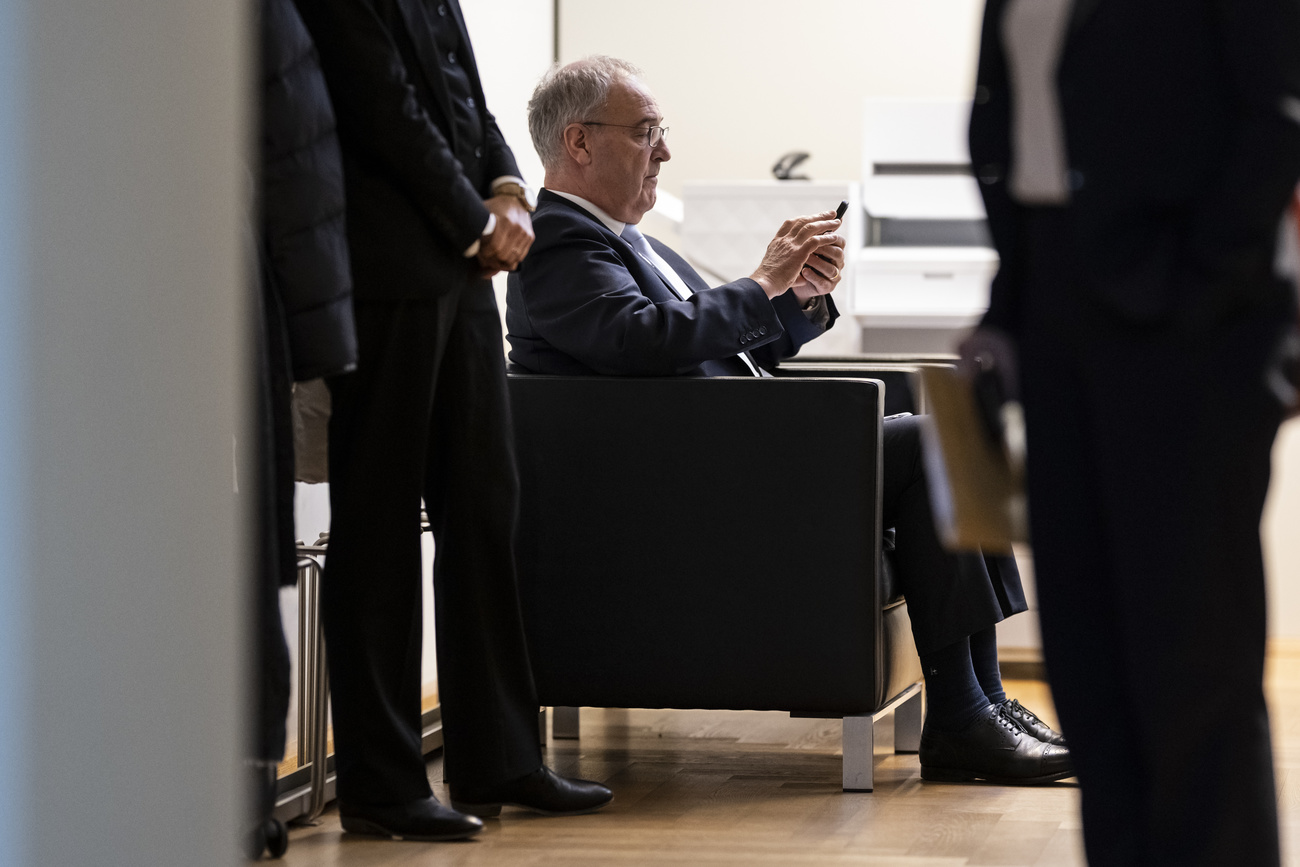
Switzerland does not plan to increase cybersecurity for its diplomatic corps during US visits – unlike the EU, which is adopting stricter measures, including providing disposable “burner” phones to prevent espionage, the Financial Times reports.
The trade war launched by US President Donald Trump has shaken the trust of many European partners. In response, the European Commission announced it would revise security recommendations for EU staff travelling to the US.
According to the Financial Times, data protection protocols for US visits will soon resemble those used for trips to Ukraine or China. Officials will carry phones without sensitive information and follow stricter cybersecurity practices.
While Switzerland has recently stepped up its diplomatic engagement with the US – after Washington imposed (then temporarily reduced) 31% tariffs on Swiss imports – the Swiss government says “no changes are currently planned”.
Current guidance for Swiss officials includes deleting classified chats and protecting devices with a PIN before travel.
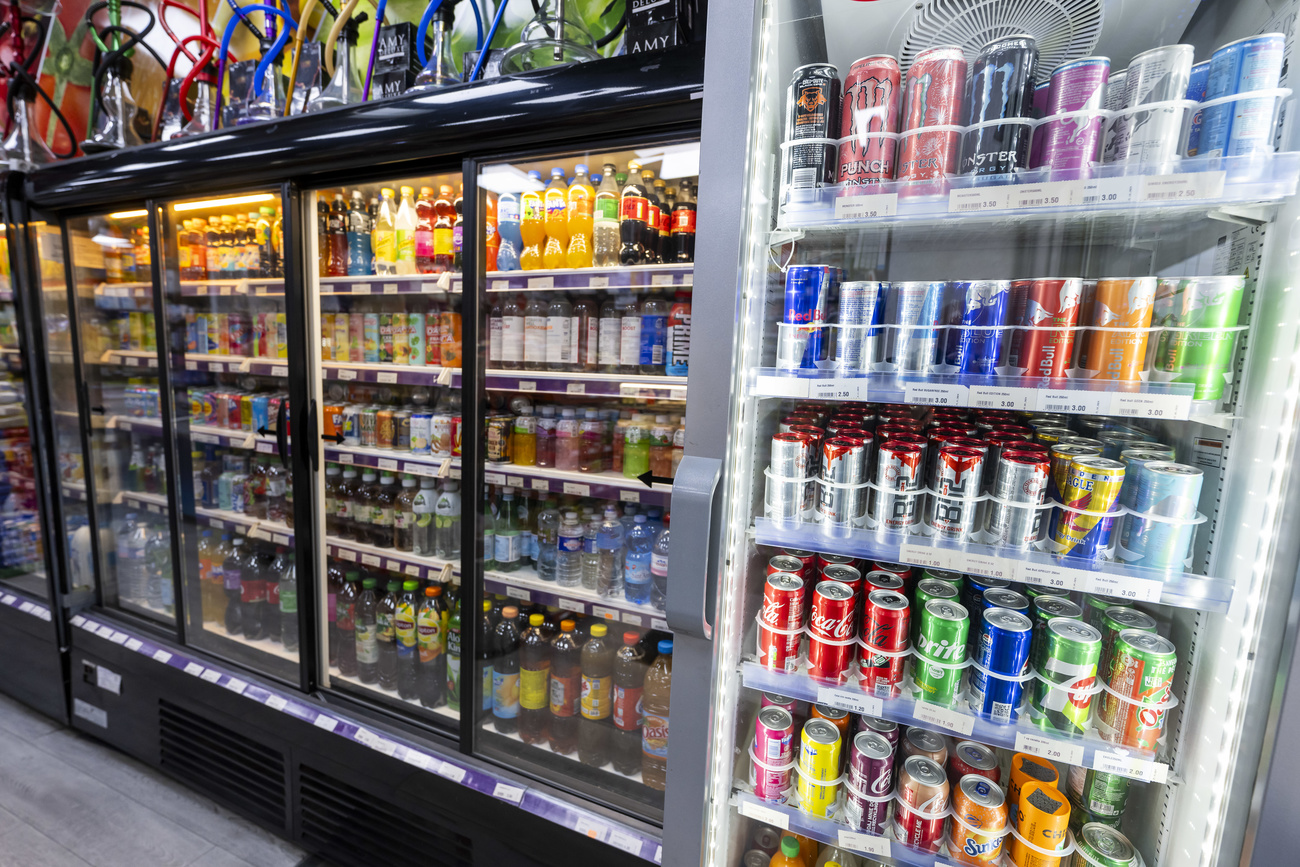
The Citizens’ Assembly – an experimental body comprising 100 people drawn by lot to reflect Switzerland’s demographic and political diversity – has presented six proposals to reduce healthcare costs, including a new sugar tax.
The Assembly, initiated by the Centre for Democracy Studies Aarau, debated over five months on how to lower healthcare costs in the long term. Their report will be submitted to Interior Minister Elisabeth Baume-Schneider on May 20.
In addition to a sugar tax, the recommendations include higher taxes on alcohol and tobacco. However, the proposal with the most backing was to expand lifelong health education – encouraging nutrition, exercise and mental well-being literacy from an early age.
Translated from Italian using DeepL/amva

In compliance with the JTI standards
More: SWI swissinfo.ch certified by the Journalism Trust Initiative




























